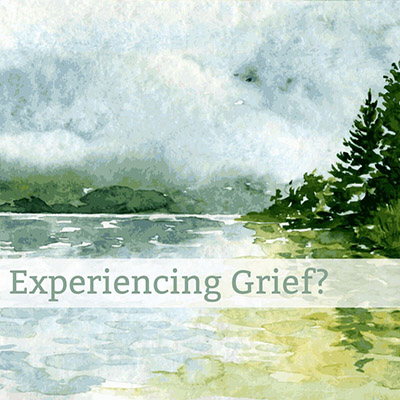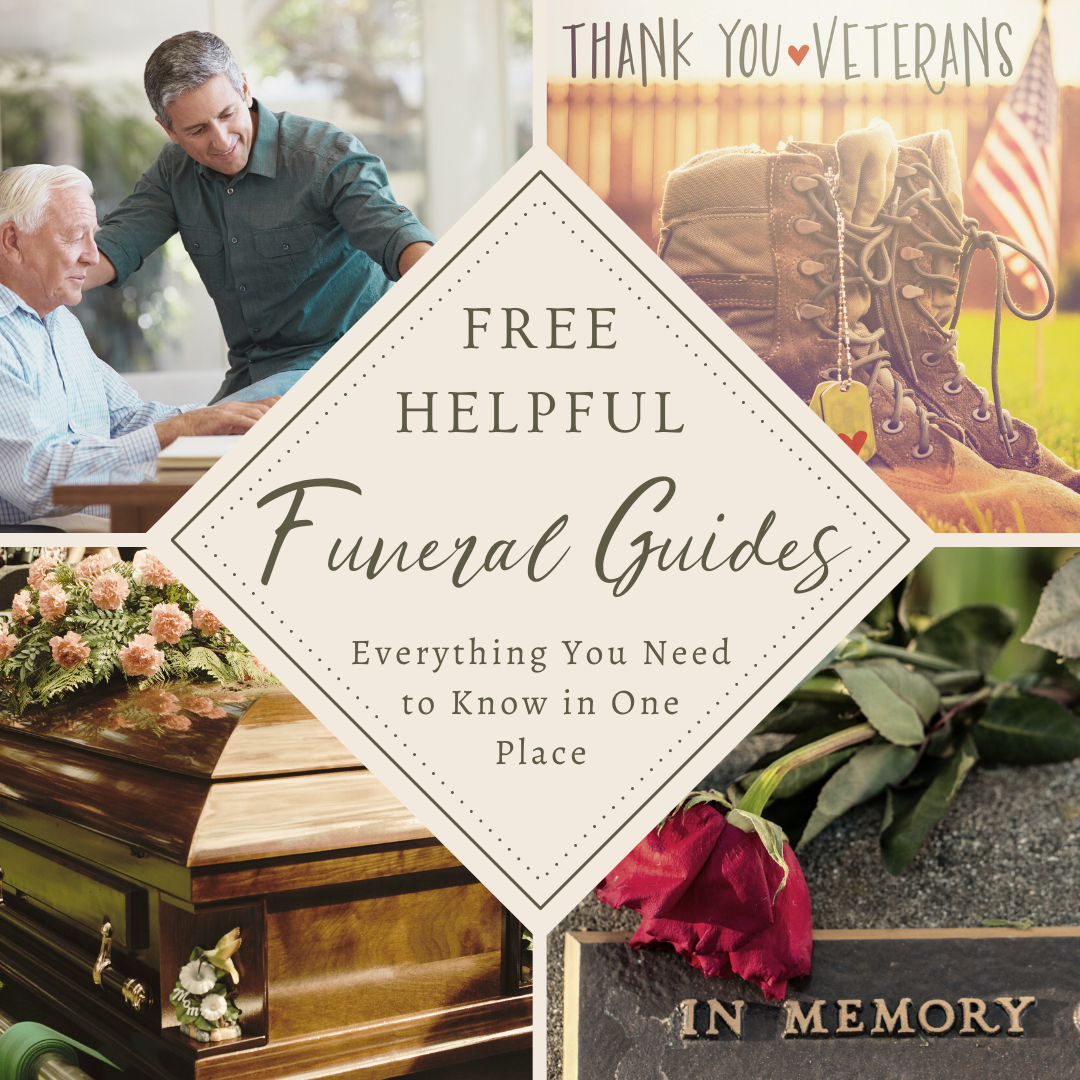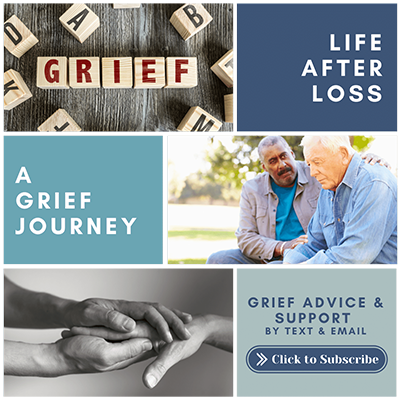During the grieving process, it's only natural to seek some solitude. You may have moments or even days when you'd rather be alone with your reflections. That's fine and healthy, but of course, it's unhealthy to remain in isolation for too long.

During the grieving process, it's only natural to seek some solitude. You may have moments or even days when you'd rather be alone with your reflections. That's fine and healthy, but of course, it's unhealthy to remain in isolation for too long. Ultimately, we all need to seek the support of others to help us endure the weight of grieving.
The question is, what can you do to help a friend or loved one who has completely withdrawn, choosing to grieve totally in isolation?
The best thing you can do is simply be present. The rule of thumb is, if your friendship was important before the death, it's not suddenly going to become a burden afterward. By all means, give your friend or loved one some privacy, but also make sure you're checking in regularly. Text, call, send notes, and be ready to show up with a hug or a shoulder to cry on as needed.
Something else you can do is be ready to listen. You don't have to know the right words, and in fact, it can often be best not to say anything at all beyond stressing your love, support, and friendship. Just lend an ear to your grieving friend or loved one and avoid cliches like "I know how you feel."
You might also look for opportunities where you can be helpful. As you call and text, ask if you can pick up the dry cleaning, bring a meal, or come help with the dishes.
It's important to give your grieving friend or loved one some space and not to be too pushy. At the same time, it's critical to stay in touch, monitor the situation, and not let them slip too deep into isolation.



